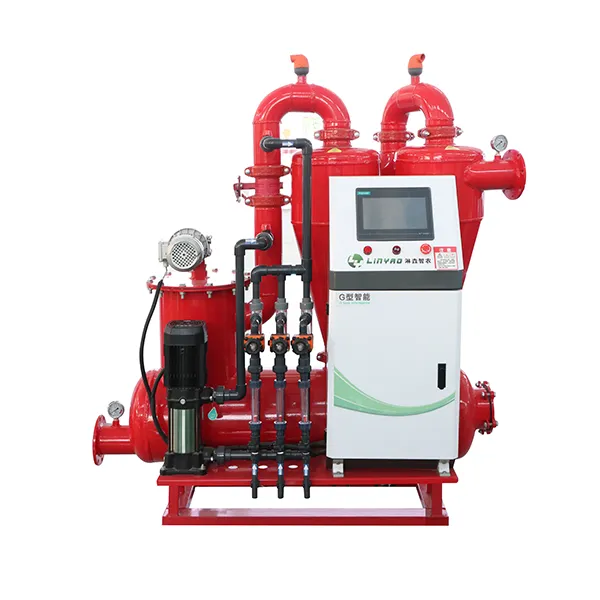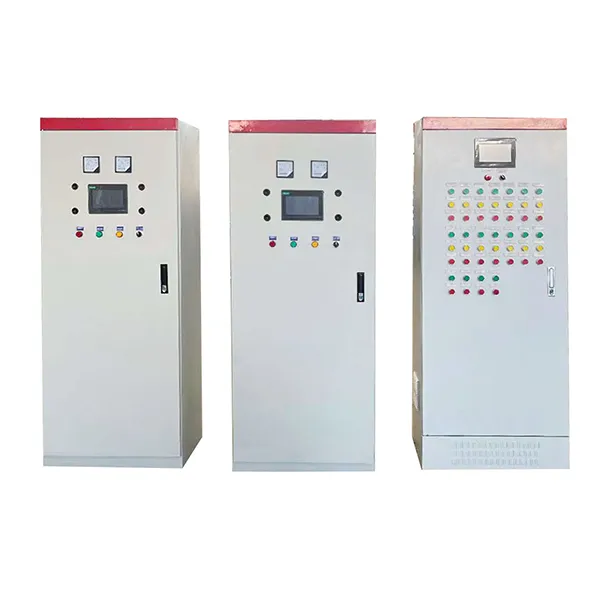
Flow electric valve
Electric flow valves- a seemingly simple thing. It looks like a button, a wire, and everything works. But experience shows that behind this simplicity there are quite a lot of nuances that are easy to miss. Many novice engineers or even experienced installers believe that replacing a conventional ball valve with an electromagnetic one is a direct path to automation. But that's not always the case. Often, problems arise precisely because of the wrong choice or incorrect installation. In this article I will share my experience, mistakes and observations that will be useful to those who work with these valves or plan to implement them in their projects.
What is a flow electric valve and why is it needed?
Let's start with the basics.Flow electric valveis an electromechanical device that allows you to remotely control the flow of liquid or gas. It includes an electromagnet which, when energized, attracts an armature, opening or closing a passage for flow. Unlike simple electric faucets, flow-through valves allow precise flow control and automation of processes. This is critical in irrigation systems, water purification, agricultural processes (where we specialize at Shandong Linyao Intelligent Agriculture Technology Co., Ltd.) and many other areas.
Why is this important? Automation saves resources (water, electricity), increases process efficiency and reduces labor costs. For example, in our projects to create smart agricultural parks,flow electric valvesare used for precise dosing of fertilizers and water depending on the needs of plants. This minimizes waste and increases productivity. Sometimes, of course, we started with very simple schemes, and then had to redo them due to emergency situations. Habit is good, but in automation everything must be thought out.
Types of flow electric valves and their features
There are several typesflow electric valves, which differ in design, materials and application. The most common are: solenoid valves, solenoid valves and electrically actuated pneumatic valves. The choice of valve type depends on many factors, including fluid characteristics (temperature, pressure, corrosiveness), required control accuracy and budget.
Solenoid valves are the simplest and most affordable. They work well with clean liquids and gases, but are not very reliable in aggressive environments. Solenoid valves are more reliable, but also more expensive. Electrically actuated pneumatic valves allow flow to be controlled using compressed air, making them ideal for applications in vibration and contaminant environments. At Shandong Linyao Intelligent Agriculture Technology Co.,Ltd, we often use a combination of different types of valves to achieve optimal performance and reliability for each specific project.
Problems encountered when using flow-through electric valves
Usageflow electric valvesdoesn't always go smoothly. In practice, various problems arise that can lead to equipment downtime and financial losses. Here are some of the most common:
- Corrosion and valve blockage:This is one of the most common problems, especially when working with water containing impurities. Corrosion can cause the armature to jam, and clogging can cause the valve to not open or close completely. The solution is to use valves made from corrosion-resistant materials and clean them regularly.
- Solenoid malfunction:The electromagnet is the most vulnerable part of the valve. It may fail due to overheating, overvoltage or mechanical damage. It is important to use electromagnets that meet the design requirements and protect them from adverse conditions.
- Power problems:Unstable power supply may cause the valve to malfunction. It is recommended to use voltage stabilizers and backup power supplies.
- Incorrect setting:Incorrect valve settings (such as opening/closing times) may result in ineffective system operation.
Case study: clogged valve in an irrigation system
We recently encountered a problem with cloggingflow electric valvesin an automatic watering system for a vegetable field. The reason turned out to be a high concentration of salts in the soil. Salts accumulated on the surface of the valves, causing them to clog. The solution is to use valves with a larger bore diameter and install filters at the inlet of the system. In addition, we have implemented a valve flushing system that allows you to remove blockages without stopping watering.
Selecting and installing a flow-through electric valve: important points
Correct selection and installationflow electric valveis the key to reliable and efficient operation of the system. Here are some important points to pay attention to:
- Desktop Compatibility:The valve must be made of materials that are resistant to the working environment (temperature, pressure, chemical composition).
- Power Compliance:The valve must meet voltage and power requirements.
- Availability of overvoltage and overload protection:This will help protect the valve from damage.
- Ease of installation and maintenance:The valve must be easy to install and maintain.
When installing the valve, all safety rules and manufacturer's recommendations must be followed. It is important to connect the power supply correctly, ensure tight connections and check the functionality of the valve after installation.
Service and Maintenance
Regular maintenance is an important part of ensuring reliable operation.flow electric valves. It is recommended to carry out the following work:
- Checking the electromagnet for damage:Inspect the solenoid for cracks, chips or other damage.
- Cleaning the valve from contamination:Remove dirt from the valve surface using a soft cloth and non-abrasive cleaner.
- Lubrication of moving valve parts:Lubricate the moving parts of the valve with lubricant recommended by the manufacturer.
- Checking the tightness of connections:Check the connections for tightness and tighten them if necessary.
Regular maintenance will help prevent breakdowns and extend the life of the valve.
Conclusion
Flow electric valveis a powerful automation tool, but using it effectively requires knowledge and experience. Do not underestimate the nuances associated with valve selection, installation and maintenance. Compliance with safety rules and manufacturer's recommendations will help avoid problems and ensure reliable and efficient operation of the system. At Shandong Linyao Intelligent Agriculture Technology Co.,Ltd, we are constantly improving our technologies and offering our customers modern and reliable solutions for automating agricultural processes. And, of course, we are always ready to share our experience and help you choose the optimal solution for your project.
Correspondingproducts
Related Products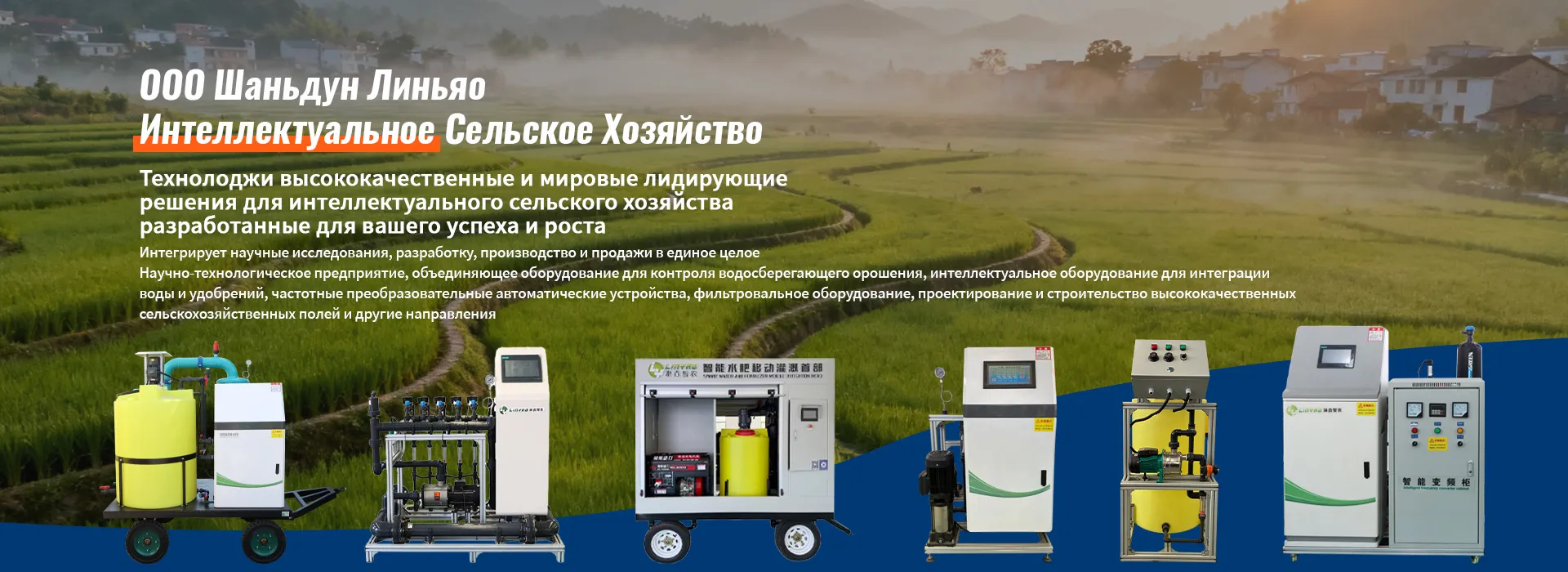
Best Sellingproducts
Best Selling Products-
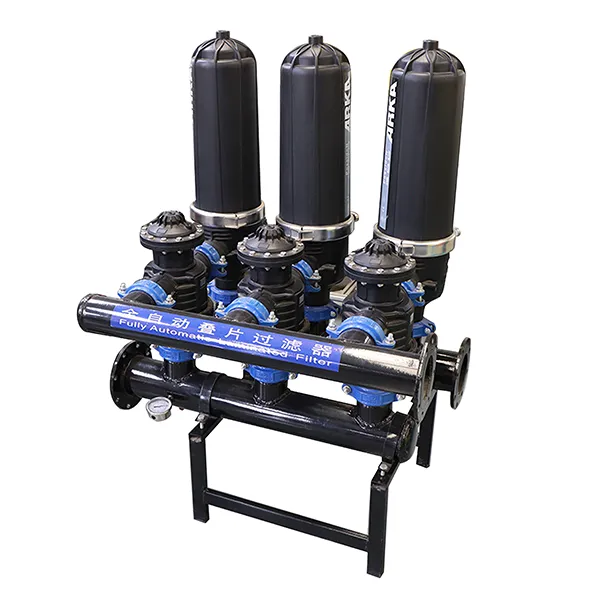 Disc filter with automatic flushing
Disc filter with automatic flushing -
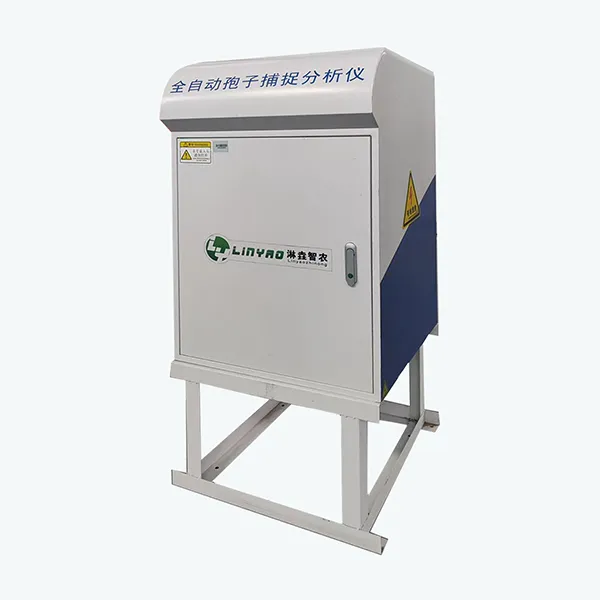 Fully automatic spore analyzer for agriculture
Fully automatic spore analyzer for agriculture -
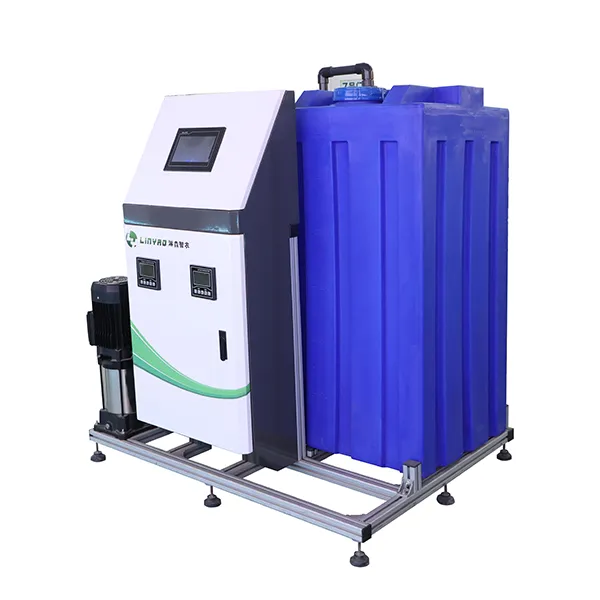 Fertilizer pre-mix fertilizer machine
Fertilizer pre-mix fertilizer machine -
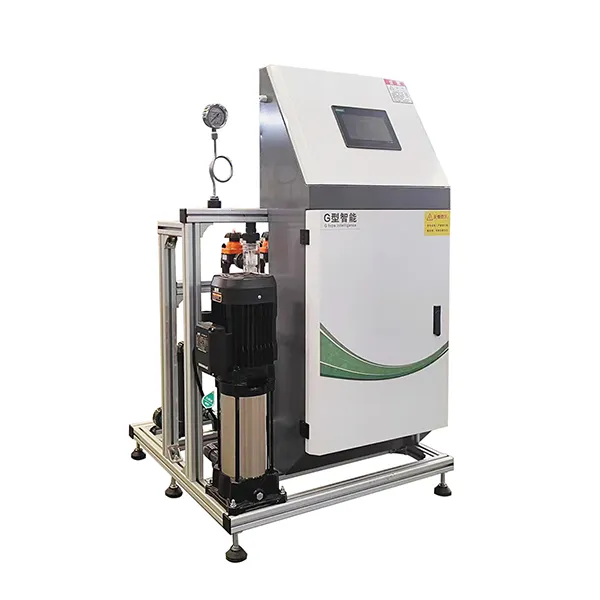 Three-channel intelligent water and fertilizer integration apparatus with 7-inch screen
Three-channel intelligent water and fertilizer integration apparatus with 7-inch screen -
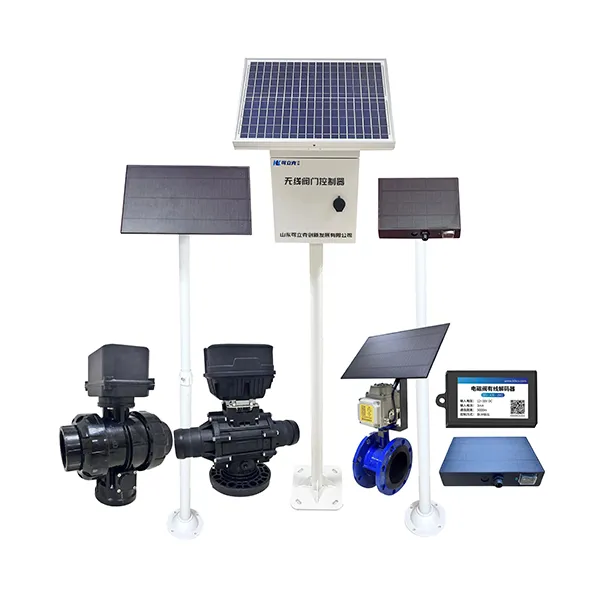 Wireless valve control
Wireless valve control -
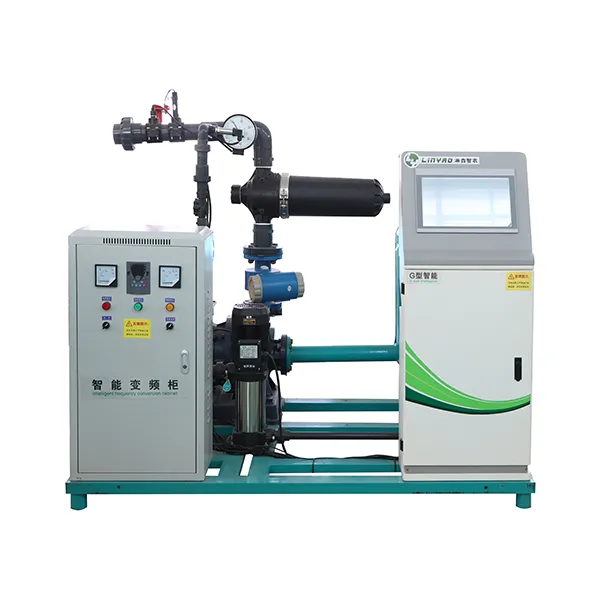 Intelligent Irrigation Control System
Intelligent Irrigation Control System -
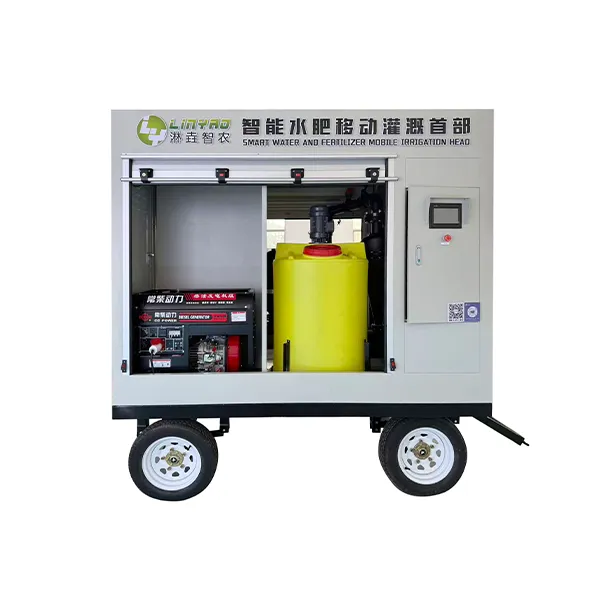 Intelligent mobile head for irrigation and fertilization
Intelligent mobile head for irrigation and fertilization -
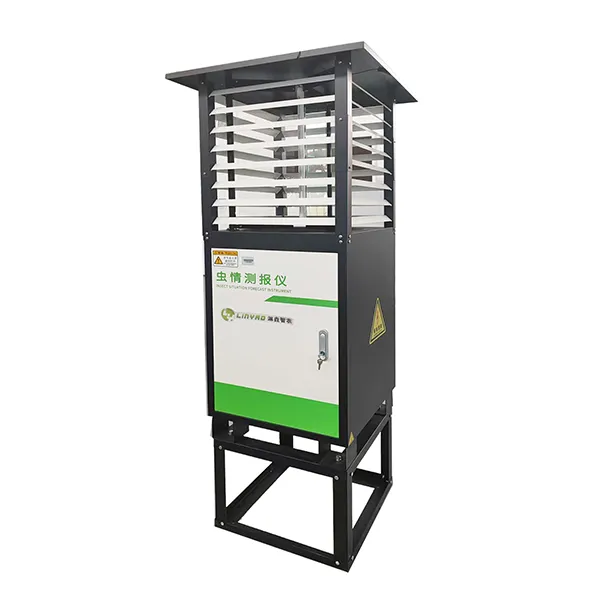 Intelligent pest monitoring equipment
Intelligent pest monitoring equipment -
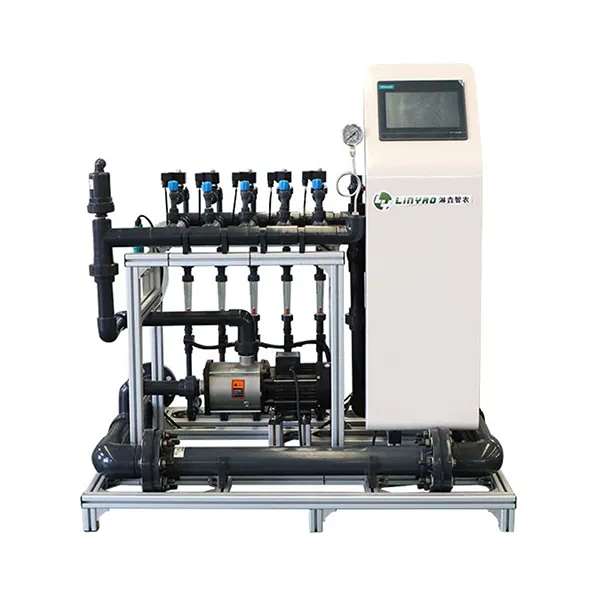 Intelligent Fertilizer Dosing Machine
Intelligent Fertilizer Dosing Machine -
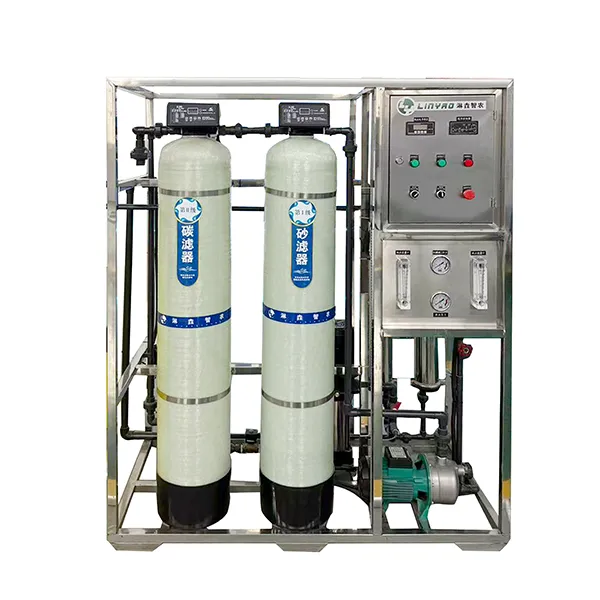 ABC Single Stage Reverse Osmosis Water Purification System
ABC Single Stage Reverse Osmosis Water Purification System -
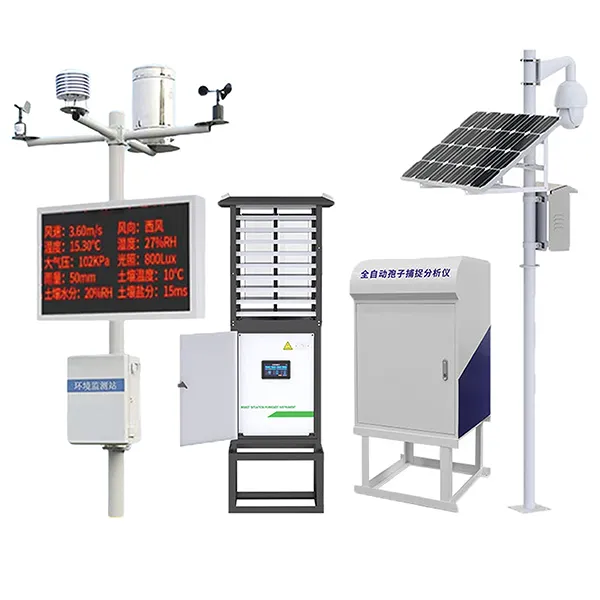 Agricultural weather station
Agricultural weather station -
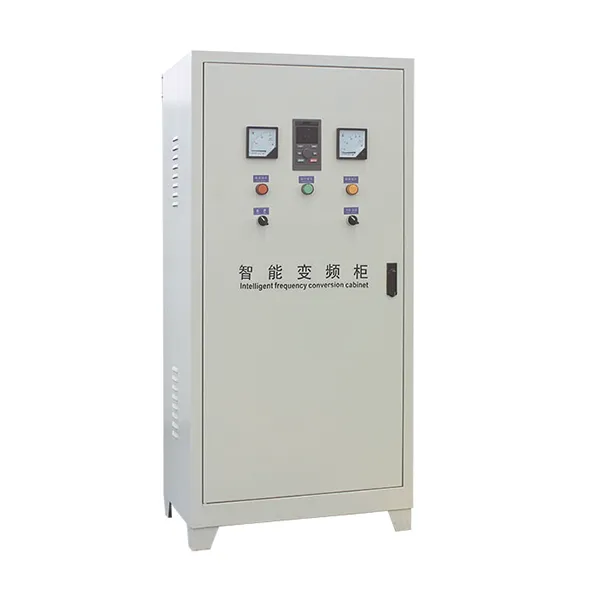 Intelligent Frequency Converter Cabinet
Intelligent Frequency Converter Cabinet
Relatedsearch
Related Search- Farm irrigation system manufacturer
- Drip irrigation in horticulture manufacturer
- Drip irrigation with fertilizer application manufacturer
- Wireless solenoid valve control decoder supplier
- Sprinkler irrigation systems suppliers
- Solenoid valve 4 inch ac24v manufacturers
- Air irrigation system manufacturer
- Industrial water purification filters with automatic flushing and automatic backflushing, laminar water filters supplier
- Electric solenoid valve manufacturer
- Disc valve spheroidal graphite cast iron dn80 wafer/flange version manufacturers


